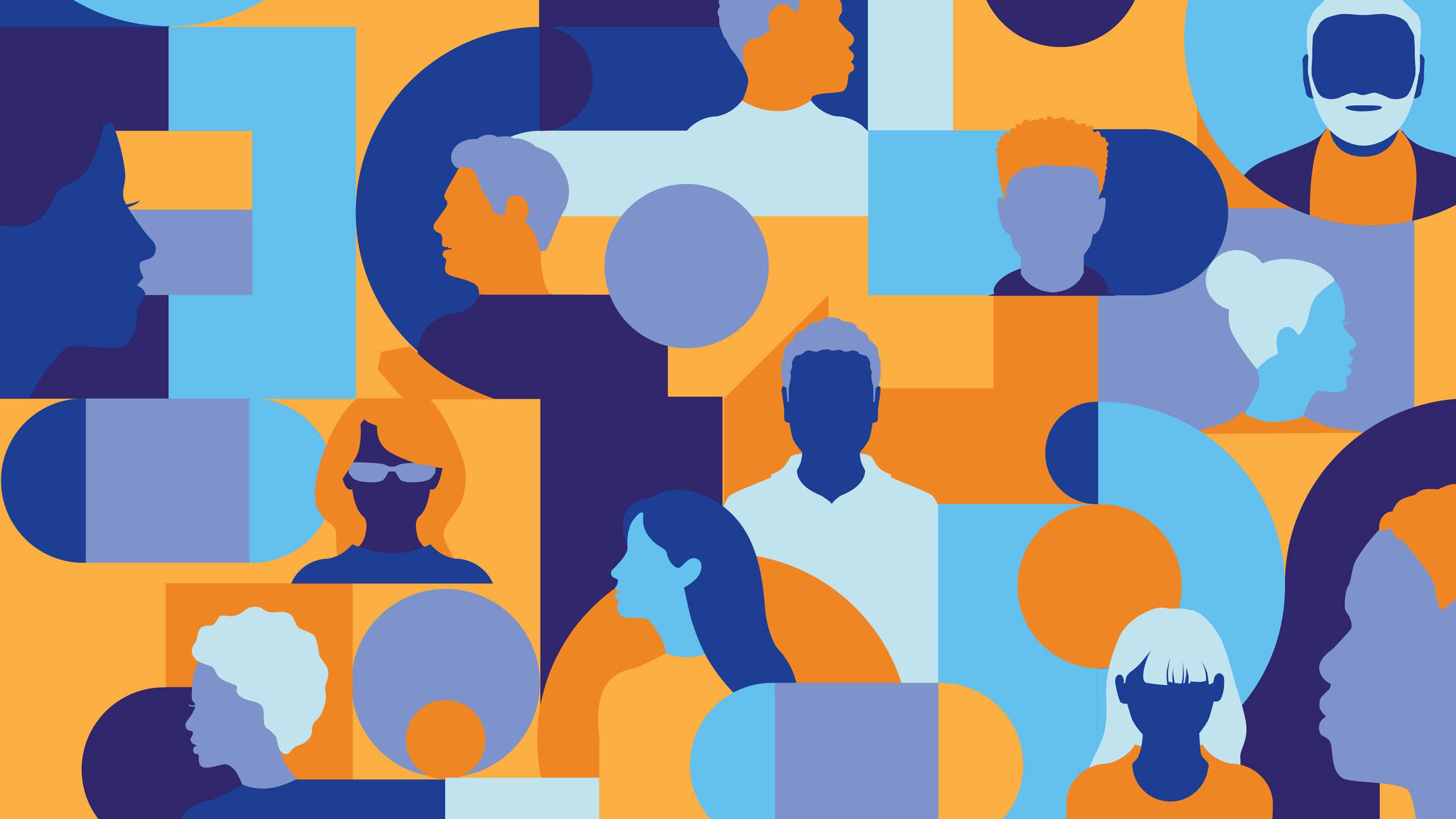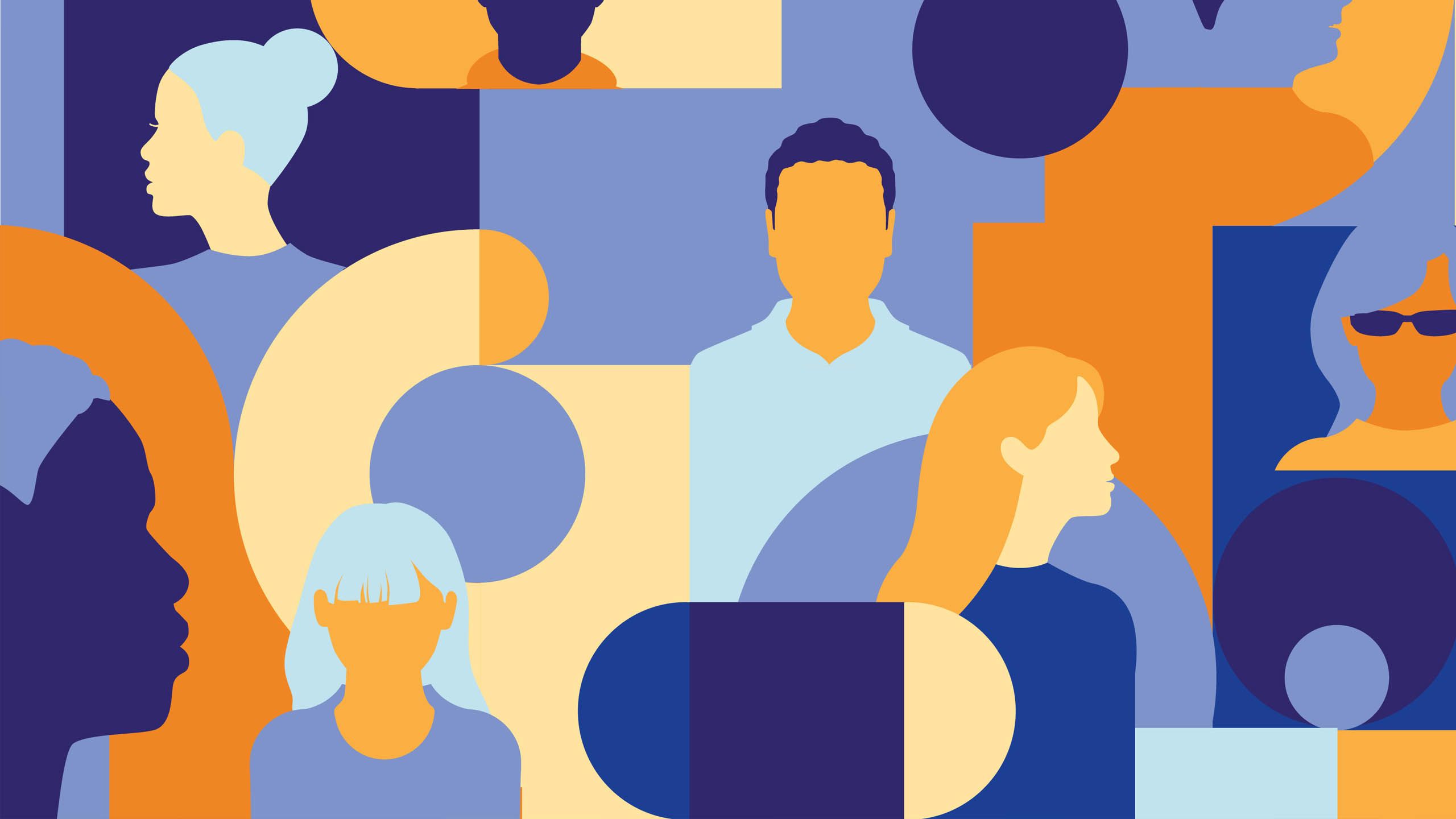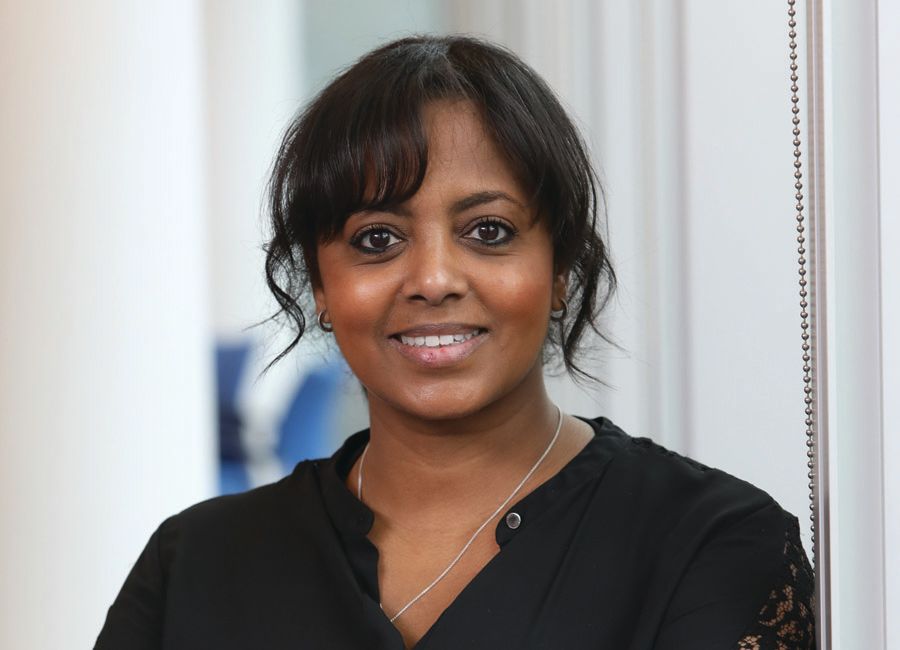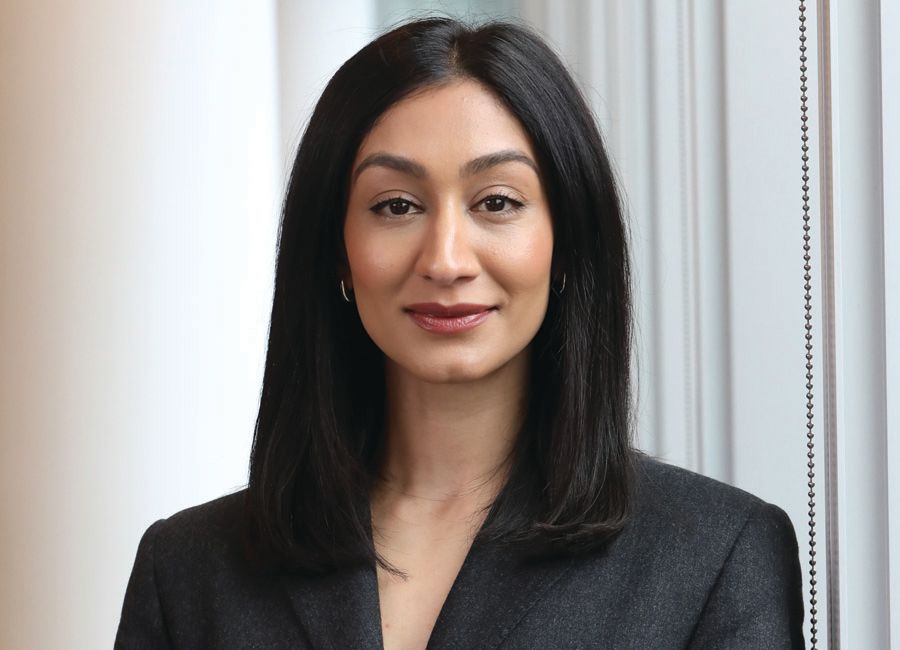CULTURAL SHIFT

It’s been a year since we published our culture review – with 30 recommendations to improve colleagues’ experience of equality, diversity and inclusion. Exchange Extra asked colleagues closely involved with the review about the progress we’ve made…

Aliyah Abdulla, head of procurement and chair of the ED&I steering group
Exchange Extra: What do you feel has been the most significant achievement since the publication of the culture review?
Aliyah Abdulla: The fact that the 30 review recommendations form part of ‘MD14’ – the managing director’s 14 areas of focus until 2026 – is hugely important. It means acting on the review’s recommendations and changing the culture of the business are up there with the key business objectives. It also means it is discussed at monthly board meetings and there is real commitment and a responsibility on people at senior level to see that progress is made.
EE: What do you appreciate most about the changes the organisation has introduced?
AA: The review enabled colleagues to open up – some for the first time ever – about their personal experiences within this organisation. It allowed them to feel more comfortable talking about situations where they felt they were not getting the same opportunities as others. Encouraging these conversations is a very important step. We’ve also started seeing some policies changing. For example, ‘blind’ interviewing, where only the applicant’s relevant skills are known to those recruiting. The aim is to reduce any conscious or unconscious bias from the process.
EE: Where is work still required to make ARL truly inclusive, diverse and equitable?
AA: There is still a lot of work going on behind the scenes and it takes time to ensure various policies and procedures are updated correctly, so there’s plenty to do there. In some ways, things have developed so quickly that we need to keep checking that the original terms of reference of the ED&I steering group are still correct. Changing a culture can’t happen overnight and it’s something that is never really finished. We can always improve and it’s an ongoing process.
continued



Shivani Hill, head of environment, social value and governance
Exchange Extra: What do you feel has been the most significant achievement since the publication of the culture review?
Shivani Hill: One of the most significant things is how we’ve started to use data to understand where we are as a business and where we need to improve. Becoming more data-driven in our approach to ED&I has helped focus where we put our resources. For example, it’s helping us have a much better understanding of the figures around internal career progression, and we’re already making improvements here.
EE: What do you appreciate most about the changes the organisation has introduced?
SH: We have new development opportunities that enable our people to showcase their skills in a different way, such as our untapped talent scheme and reverse mentoring. These are among the programmes for colleagues that weren't previously available. We've also seen improved communication and transparency around ED&I, and we're talking more openly across the business. We’re getting valuable insight into the day-to-day experiences and challenges our colleagues face.
EE: Where is work still required to make ARL truly inclusive, diverse and equitable?
SH: Culture change is a dynamic and ongoing journey that requires commitment at all levels.For me, one challenge is how we do even more to engage with communities around ED&I. For example, how we give access to schools to carry out work placements or programmes that showcase the railway as a great place to work to attract diverse talent. There’s always more work we can do with communities to build social equity and foster inclusion for the communities we serve.
continued



Shaminder Uppal, equality diversity and inclusion manager
Exchange Extra: What do you feel has been the most significant achievement since the publication of the culture review?
Shaminder Uppal: I think we're talking about it more. We're sharing information through regular reporting and our internal communication channels. The whole conversation is more transparent. There’s still work to be done but it feels different to when I joined earlier this year and it’s very positive. There’s more of a sense that ED&I is a shared responsibility across the whole business.
EE: What do you appreciate most about the changes the organisation has introduced?
SU: There are various policies being improved or created on everything from recruitment to anti-bullying and anti-harassment. It takes time to get these right, but we are close to being able to introduce them. It’s a firm step in the right direction. People are also starting to understand more about what ED&I means. There's more confidence about having open conversations, less worry about saying the wrong thing, and an understanding of the power all of us have to influence change.
EE: Where is work still required to make ARL truly inclusive, diverse and equitable?
SU: There's always room for improvement. ED&I is a journey that doesn’t have a beginning, middle and end. There’s still more work to do on embedding the idea that ED&I is everyone’s responsibility. The most successful organisations are where individuals see themselves as part of a collective vision on how to improve and how to change the culture.









